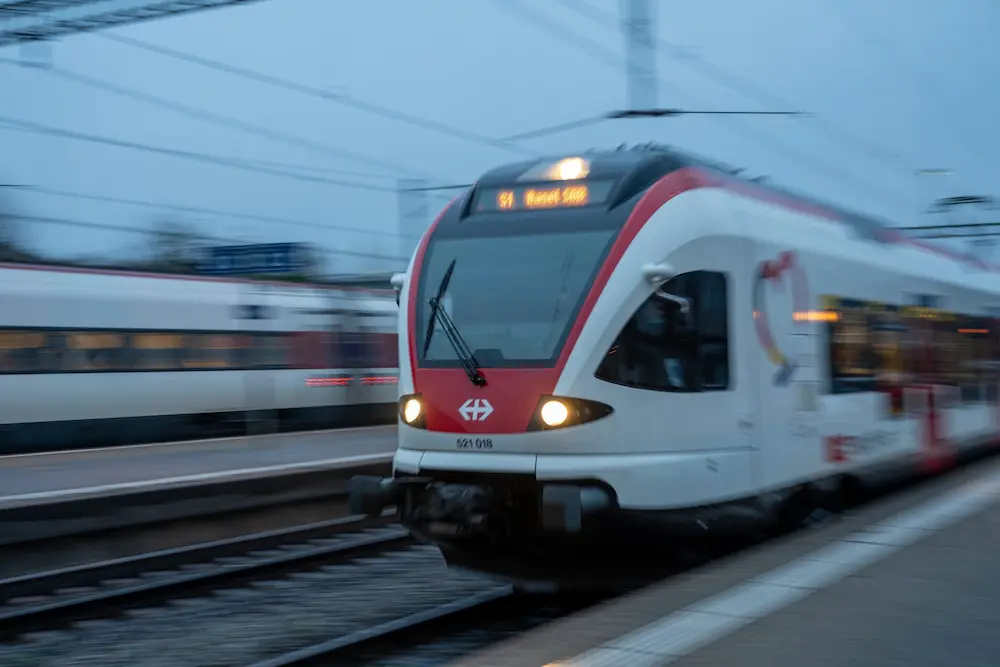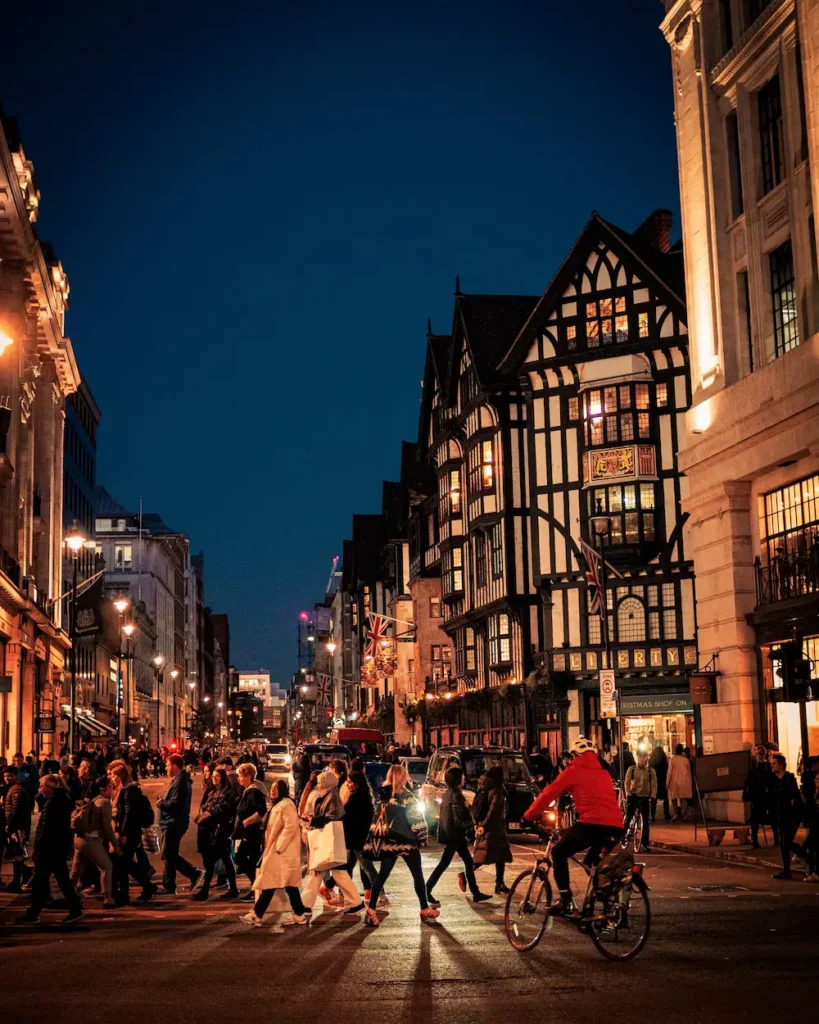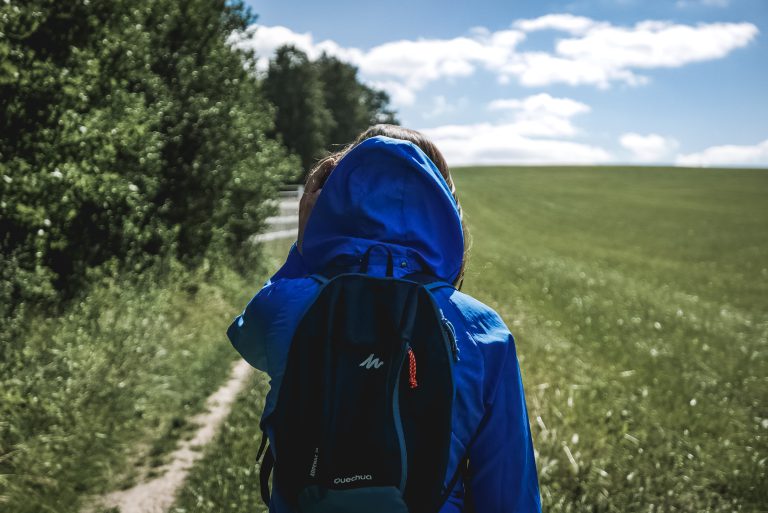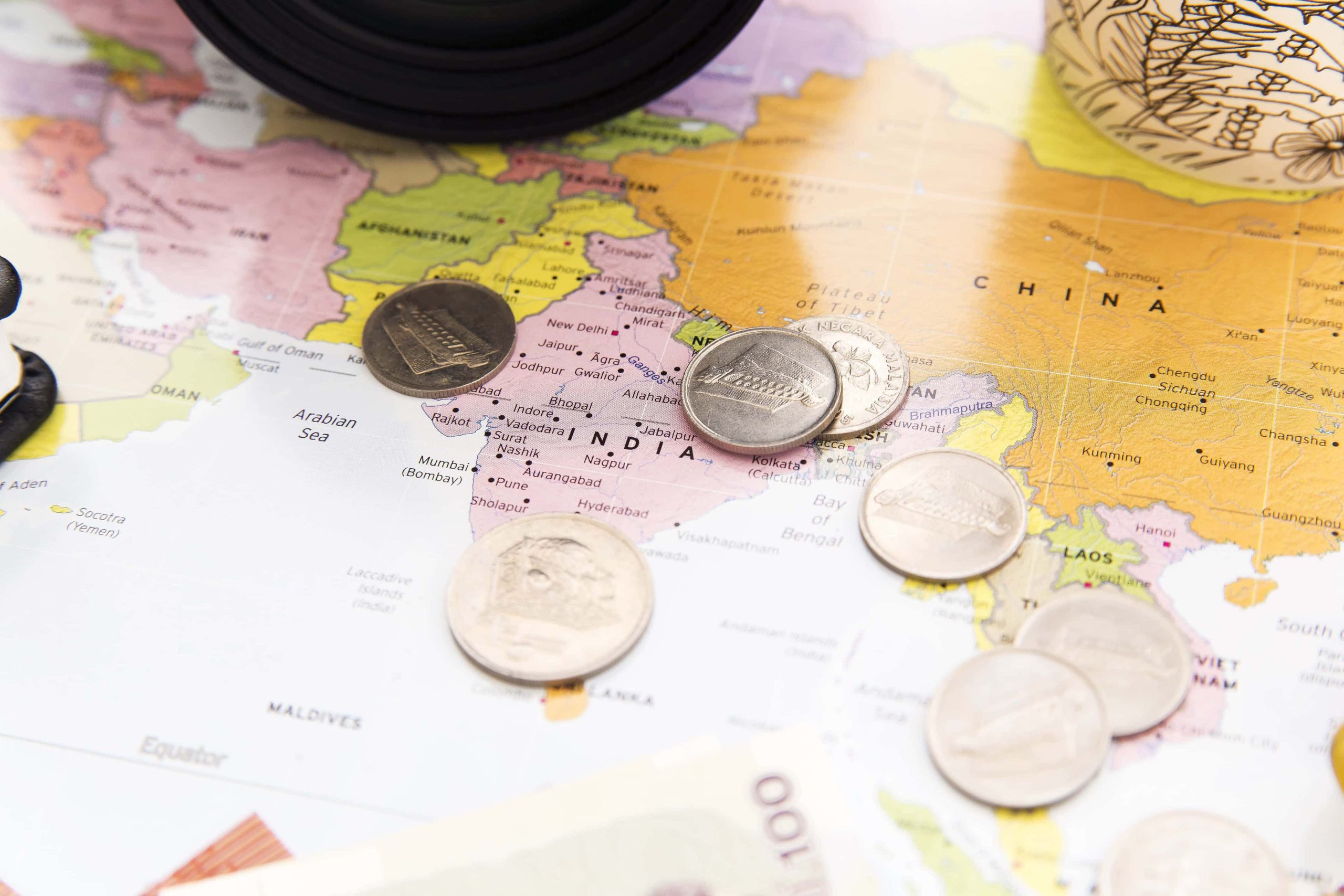7 tips for low carbon travel while being on a budget
Reflections and tips on low-carbon travel to control your budget
Low-carbon travel and budget…
When you want to travel while minimizing your carbon footprint, the fear of a bigger vacation budget can sometimes seem justified. So how can you travel low carbon and on a budget? Here are a few tips!
1 Anticipation and Off-Season
A little organization can do wonders for your low-carbon travel budget. Because hoping to travel low-impact at the last minute, should you leave our borders, is a real challenge. If you’re planning to travel abroad, you’ll need to book transport (train, bus, ferry…), and prices can vary enormously and be prohibitive as soon as you’re close to the date….not to mention that availability can also be a problem in high season (this can be the case on certain night trains or popular routes).
As you can see, the ideal solution is to be able to anticipate your trip as much as possible if it requires transport reservations.
Booking your means of transport in advance can save you a lot of money. Ideally, start planning your trip at least three months in advance….or even earlier, if possible, given the availability of the schedules/routes you’re interested in.
And if you can travel out of season, that’s a real plus, as it gives you more choice, more flexibility and lower costs for transport and accommodation in general.
2. Consider the benefits of a rail pass

In all likelihood, your low-carbon trip to Europe will require you to take the train, and even several trains. In this case, it’s worth checking whether a rail pass such as Interrail can help you save money. These passes can be your best ally in reconciling low-carbon travel with a controlled budget.
They are available in different versions to suit your needs:
– A “One Country” pass for unlimited 8-day travel in a given country for one month.
– A “Global” pass that allows unlimited travel throughout the European network covered for different durations (7 days of travel for 1 month of validity, 10 days over 2 months, etc.).
Depending on the country you’re visiting, it may be worth checking whether the pass is cheaper than buying the tickets you need individually. If you’re going to Eastern Europe, this will probably not be the case, as trains are cheap or few connections are covered, but for the rest of Europe, in general, the comparison may be useful. And if you don’t need to make reservations on your routes, the pass gives you greater flexibility by allowing you to choose your trains according to your itinerary and any changes to it!
3. Avoid individual transport

On your travels, you may want to consider renting a car. But in most European destinations, public transport, self-service bicycles and walking are all you need to get around….and take your time.
If you’re in a less urbanized area, check out the secondary bus networks. Many sites and points of interest are generally served by local routes. In any case, if you really have no choice, rent an individual vehicle….and preferably an electric car if you can.
4. Choose eco-friendly and affordable accommodation
In the Detour Odyssey approach, we cover all the dimensions of travel, and accommodation is an important aspect of a great travel experience. And the good news is thatby making an economical choice, it can also steer us towards less resource-intensive accommodation.
There are several possible options here
– Camping: whether in the wild if authorized or in a structure. Some campsites also offer rooms with shared sanitary facilities if you don’t want to bring your own equipment or sleep in a tent.
– Hostels: they’ve changed both in terms of target and type of structure. And some are committed to a sustainable approach to resource conservation.
– Accommodation on a human scale: homestays, B&Bs and small family-run hotels. Here, the emphasis is on meeting people and making contact, and on accommodation that has a charm all of its own that will leave you with wonderful memories.
And halfway between transport & accommodation, the night train is also a good opportunity during an itinerant trip, as it allows you to travel while sleeping…..so one night of hotel accommodation saved!
5. Choose strategic places and times to eat

We may think about it less, but adapting the timing of our meals can also lead to substantial savings. And this is all the more useful in countries where the cost of living is high (e.g. Northern Europe). And the right approach is to feast first thing in the morning! In fact, breakfasts included in your accommodation or at lower prices are an excellent way to start the day with a full belly.
This will allow you to make do with a small snack in the afternoon if hunger starts to set in, before planning a light dinner.
Beyond the timing, explore local markets, street food and food courts for authentic, economical meals . And the supermarket is always an experience in its own right! Especially if you want to prepare snacks, picnics or meals when you can cook.
6: Pack your essentials for an eco-responsible and economical trip
Controlling your budget also means avoiding expenses or purchases you could do without. Adding a few essentials to your suitcase or backpack will not only make life easier, but will also help you limit waste.
So reduce waste and small expenses by traveling with your water bottles, a thermos flask, metal cutlery, plastic tins and insulated bags to store food….banana and breakfast apples are perfect for a snack.
7. Explore and marvel, priceless experiences
To reconcile a low-carbon trip with a controlled budget, we naturally prefer free, “outdoor” activities such as hiking and walking.
For city stops, it’s often a good idea to check whether the city you’re visiting has a tourist pass. Many cities have them, and they have the advantage of often combining transport with free or reduced-price visits or activities. It’s not always worth taking the pass, but if you’re planning several visits or activities and moving around the city on a regular basis, these passes can quickly become a good deal.
Another interesting activity is to take a “Free Walking Tour”. The principle is that the contribution is not determined in advance, but you give what you think is relevant at the end of the guided tour….and a guided walking tour is always very useful for getting to know a new city and learning more about its history and architecture…

These tips are just a few of the many ways to travel low-carbon without impacting your budget.
At Detour Odyssey, we are committed to integrating these principles into our itineraries, to offer you memorable, low environmental impact and affordable travel experiences.

